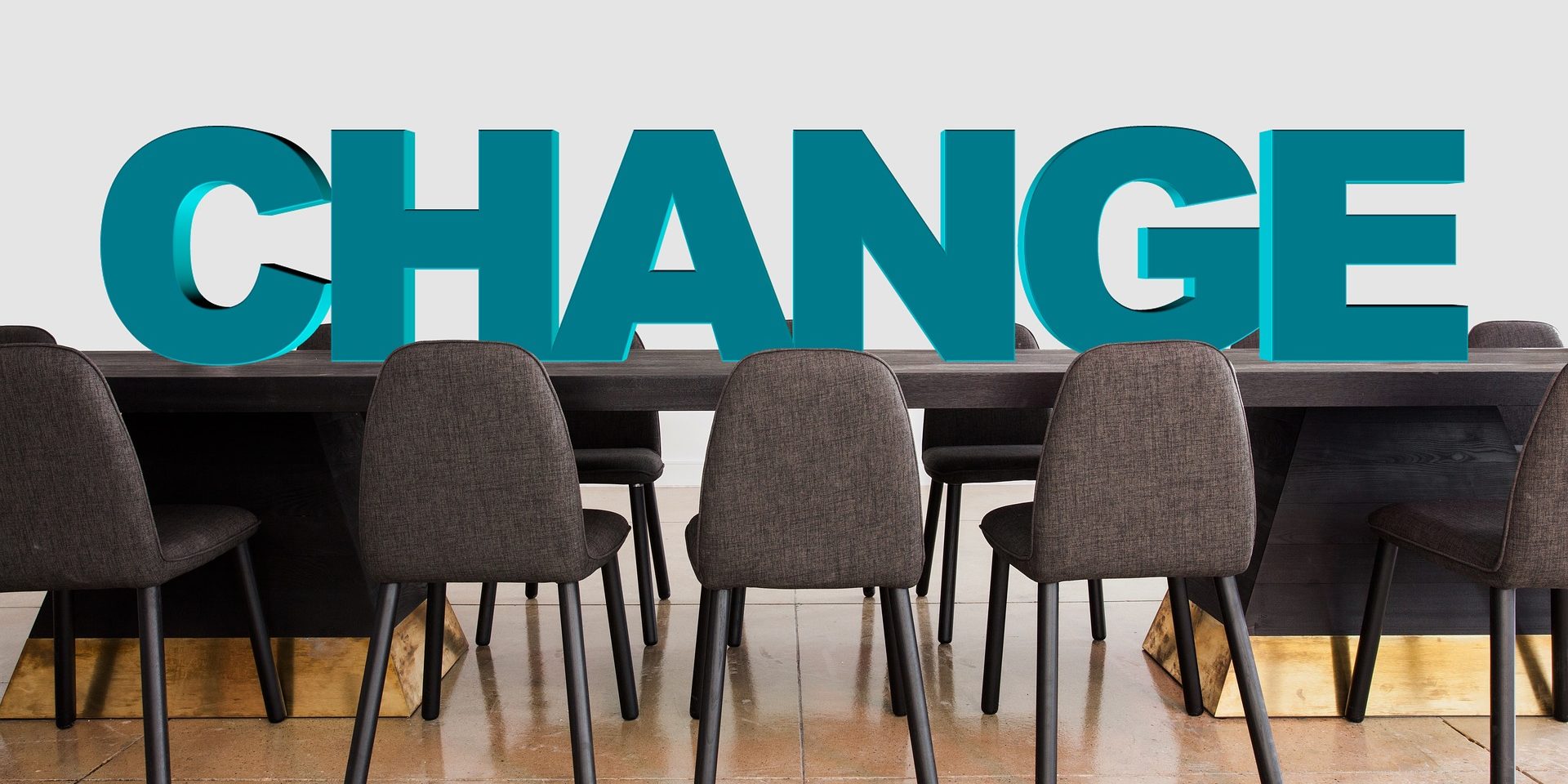By Kaitlin Dunn, Writer, Hospitality Sales & Marketing Association International (HSMAI)
Hilton President and CEO Chris Nassetta joined former stockbroker and author Mark Jeffries for a “fireside chat” during Cvent Connect on Aug. 26. Nassetta shared Hilton’s experience during the pandemic, his thoughts on the future of hospitality, and how hotels can better work to support event professionals and bring in more business.
“The power of travel and people connecting is unstoppable,” Nassetta said. “People want to get out. They don’t want to take an unnecessary risk, but they want to get out and interact and see their friends. They want to have cultural exchange, but they want to do it in a world where it’s not an irrational risk, and we have to get them to that place.”
Ultimately, Nassetta said, we are still in a health crisis and an economic crisis, and it’s going to be a long time before people are comfortable traveling again. There is still a lot of fear, but hotels can help customers feel safe when they stay there. “People may not want to travel now, but people will travel as they feel safer,” Nassetta said, “and we want them to feel they are in a safe, clean, hygienic environment.”
50% OCCUPANCY
Hilton is averaging about 50-percent occupancy worldwide, Nassetta said. Asia-Pacific has been first to begin to recover, followed by the United States once restrictions were lifted, and then Europe, Africa, and the Middle East, all of which still have many restrictions in place. “We’re on the road to recovery now, but it’s going to be a long road,” he said.
Even at 50-percent occupancy, Nassetta said, many hotels are still able to make money. However, this is not the case in larger urban properties, where labor costs are higher and make it not profitable to stay open at that level of demand.
When the pandemic first hit, Nassetta and other hotel executives were forced to shutter many hotels, but Nassetta said thatwasn’t a hard decision, becuase closing them meant owners would lose less money than they would staying open. “Our job is to protect their interests,” Nassetta said. “In 100 years, Hilton has never had to close hotels like this. It wasn’t a typical decision, but it was an easy decision to make in order to do the right thing for our owners.”
GETTING TO THE OTHER SIDE
Going forward, Nassetta plans to continue to talk with owners and customers to find the best path moving forward, just as he has in previous crises throughout his 37 years in the industry. “When we get to the other side, we need to be in a good position,” he said. “We need to talk to customers and owners and find what is driving them, and then adapt to their needs in the future. Our policies have been a response to what our customers want now. Some will stick and some will go away. We have a plan, but we have to keep talking to our customers of all sorts to understand what they want now and in the future.”
Two of recent Hilton policies created in response to coronavirus are CleanStay and EventReady, both of which aim to provide customers with the safest, most hygienic environment to stay and meet. CleanStay protocols involve cleaning rooms to hospital standards and sealing them in between guests, while EventReady expands the CleanStay protocols into meeting spaces and utilizes technology to hold socially responsible events.
While Nassetta acknowledged that he can’t predict the future, he said he strongly believes that the hotel and events industries will fully recover. “The world is changing, but when you wake up in three years, the world will look much like it did six months ago,” Nassetta said. “Between here and there, things will look different and ebb and flow, but some things will stick. One of those things is that people figured out they have to keep meeting. People are still gathering and having meetings virtually, but as they come back, they will be thinking about hybrid meetings in person, with limited capacity and part virtual.”
INVESTING IN TECHNOLOGY
Nassetta said that in the future, most events will be hybrid, which will allow people to gather in person but bring in up to 30 times the number of virtual attendees as well. But there are a lot of moving parts involved in hosting successful hybrid events — including ensuring that meeting space is safe and usable for the in-person part of the event, and that the infrastructure and technology are in place to broadcast to virtual attendees. “We need to make sure we have the technology and bandwidth and pipes to enable all of this to happen,” Nassetta said.
Nassetta said that Hilton will be investing in technology partners and potentially building studios in hotels to make sure they’re able to host virtual events, even if event organizers don’t have the resources themselves. “I think when you wake up in three or four years, the events business will be bigger, better, and stronger,” Nassetta said, “because the hybrid events that are in infancy now will blossom and give people the opportunity and interaction to spread whatever message they want to spread in a broader way. Our job is to make sure these events are extraordinary successes.”
For additional information, insights, and tools, visit HSMAI’s Global Coronavirus Recovery Resources page.
